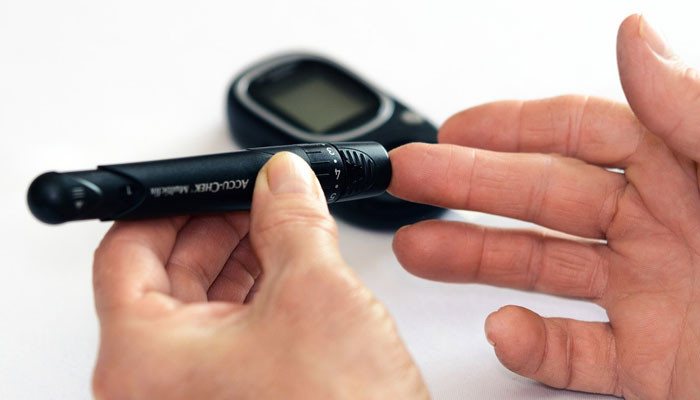In a new study, medical experts have revealed that if you want to improve your blood sugar levels, you should start practising an early time-restricted eating strategy, therefore reducing the time for the sugar levels to be above normal.
The study was presented at the Endocrine Society’s annual meeting, which is yet to be published.
Early time-restricted eating is a kind of food intake that is to be done in the early 6 to 8 hours of the day. And in the study, experts compared people with normal time schedules and this form of eating.
Dr Joanne Bruno, a study author and an endocrinology fellow at NYU Langone Health in New York, said in a statement: “Our research shows that just one week of following this diet strategy reduces fluctuations in blood sugar levels and reduces the time that the blood sugar is elevated above normal levels.”
“This suggests early time-restricted feeding may be a helpful strategy for those with prediabetes or obesity to keep their blood sugars in a normal range and prevent them from progressing to type 2 diabetes,” she added.
The researchers found that the weight of the participants was stable for the full two weeks of the study.
The early time-restricted eating led to less time spent above the normal blood glucose range when compared with those normal eating patterns.
“Eating the majority of one’s calories earlier in the day reduces the time that the blood sugar is elevated, thereby improving metabolic health,” Bruno said.
Dr Pouya Shafipour, a family and obesity medicine physician at Providence Saint John’s Health Center in California, said findings support his own recommendations to patients.
“I’ve been recommending time-restricted eating… since 2015. I also started practising it myself. Studies show prolonged fasting and time-restricted eating does help with insulin sensitivity and stabilise blood sugar levels,” he told Medical News Today.
Benefits of eating early in day
Dr Marilyn Tan, an endocrinologist at Stanford University in California, said a possible benefit to eating the majority of calories in the earlier part of the day has the opportunity to be active after eating.
“In America at least, we eat the majority of our calories in the evening with dinner. Very frequently that’s our biggest meal of the day and then afterwards we’re sedentary, we go to sleep and don’t move for eight hours. So we don’t really have an opportunity to exercise and improve the insulin sensitivity after that,” she told Medical News Today.
Dr Anne Peters, an endocrinologist at Keck Medicine of USC in California, says time-restricted eating can be beneficial for cardio-metabolic health, but it should be done under the direction of a physician.
“The human body is not meant to always be in the ‘fed state.’ We are meant to have periods of fasting and being a little bit ketotic [which happens with fasting] is good for the heart,” she said.














































